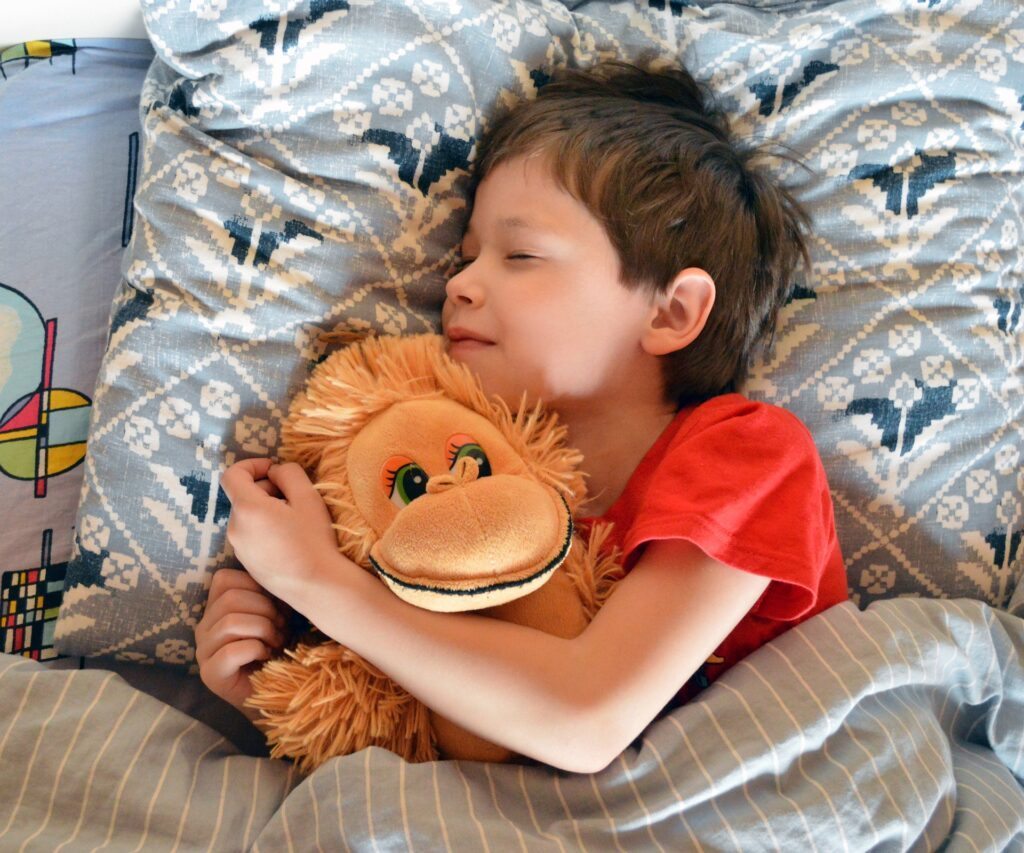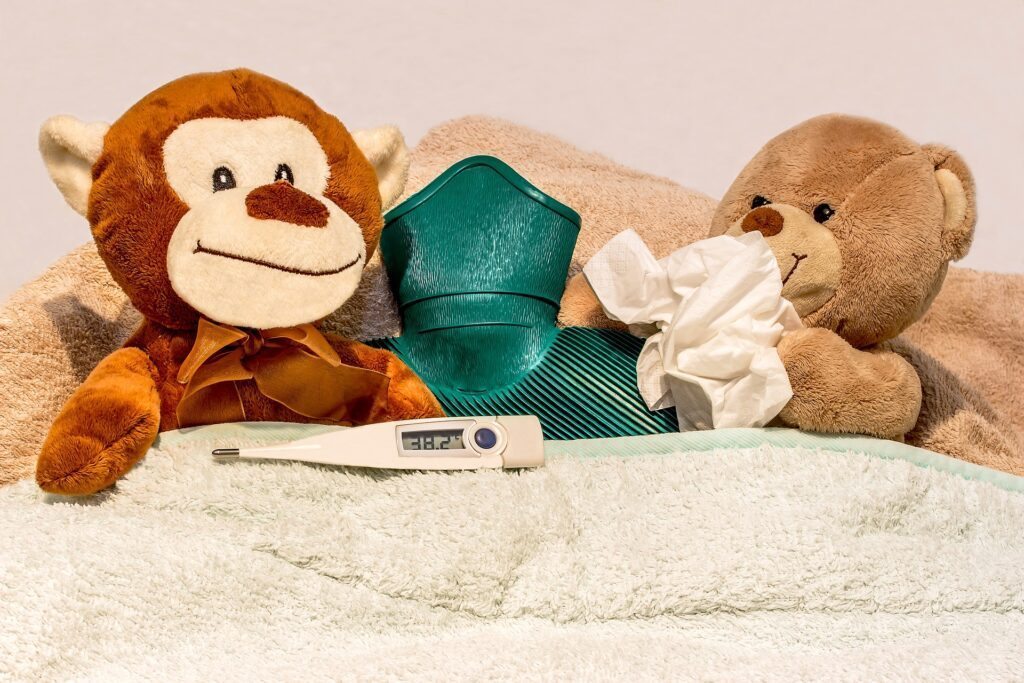Across the nation, millions of children are getting ready to return to the classroom after months of virtual learning or, in some cases, no learning at all. As COVID-19 cases exploded across the United States, schools, colleges, and daycares closed their doors and turned to zoom meetings and websites to teach students vital information.
Now, with schools reopening, parents and children are feeling the stress and fear of returning to the post-pandemic classroom. Here are some suggestions to help you and your child cope as they return to the classroom.
Communicate

Listen to your child’s fears and concerns over returning to the classroom. Maybe he is afraid he won’t do well academically. Maybe she is worried about getting sick. These are real worries kids have. Validate their fears and openly discuss the situation. Don’t blow things out of proportion, as so much of the media has done. Just be honest about what you know and what you don’t know.
Stay informed
Most school districts have an informational website or a Facebook page. Sign up to stay informed of changes in policy regarding bus travel and mask requirements. Get the teacher’s email address and ask for periodic reports about any fears or strange behaviors your child is exhibiting at home or at school. Attend open house, parent conferences, and special events. Not only does this keep you informed, but your child will see how important he and his school activities are for you.
Reestablish the routine early

Get your child back into the school day routine before the first day of school. Start putting him to bed earlier, and waking him earlier. Invest in a user friendly alarm clock, and show your child how to use it. Lay out clothes the night before, including socks and shoes. Practice going through your school day morning routine, whether that includes breakfast, catching a bus, or meeting for a carpool.
Prepare New Students
If you have a child entering school for the first time, prepare them for a typical day. Give them activities that require them to be seated for periods of time. Teach little ones to put straws in juice pouches or open milk cartons. Make sure little hands can remove lids from plastic storage containers. Set a timer and encourage your child to finish eating before he or she starts having a conversation. Practice good table manners and cleaning up messes.
Manage Sniffles and Sneezes (COVID-19)

With coronavirus on everyone’s mind, natural suspicions arise when somebody is coughing, sniffling, sneezing, or running a fever. Kids get sick. It’s natural and expected. But some kids get sick too much because of poor nutrition, lack of cleanliness, or improper habits and routines.
Teach your child how to properly wash their hands with running water and soap. Ensure that they have tissues handy and know how to cover their nose and mouth when coughing or sneezing. If the child is old enough, clip a small bottle of hand sanitizer to his or her backpack. Explain when to use it and how to avoid wasting it.
Encourage good eating habits. Serve fresh fruits and vegetables. Supplement school lunches with a piece of fruit or a healthy snack. Kids love soda, chips, and cookies, but that junk doesn’t keep them healthy. Too much sugar consumption is proven to reduce immunities. Starchy foods like muffins, donuts, and cookies slow brain activity and promote lethargy.
Give your child a multivitamin every morning with breakfast. During cold and flu season, add some extra vitamin C from juice or citrus fruit. The best way to stay healthy is to avoid getting sick. If your child does start to run a fever, or appears to be sick do NOT send him or her to school just so you can go to work. One sick kid can infect an entire classroom in less than a week. Imagine how you would feel if somebody else’s child came to school sick and coughed on your kid.
A New Way of Doing Things

Going back to school after COVID-19 closures doesn’t have to be stressful or frightening. Teach your child good health habits. Keep his immunity built up with fresh fruits and vegetables and a daily dose of vitamins. Spend some time daily talking about how things are going at school and any concerns your child might have. If a substitute comes in for a day or two, reassure the child that the teacher will be back. If you do learn of active COVID-19 cases at the school, ask questions and stay informed. We can all move forward. We just have to pay a little more attention than we used to.

